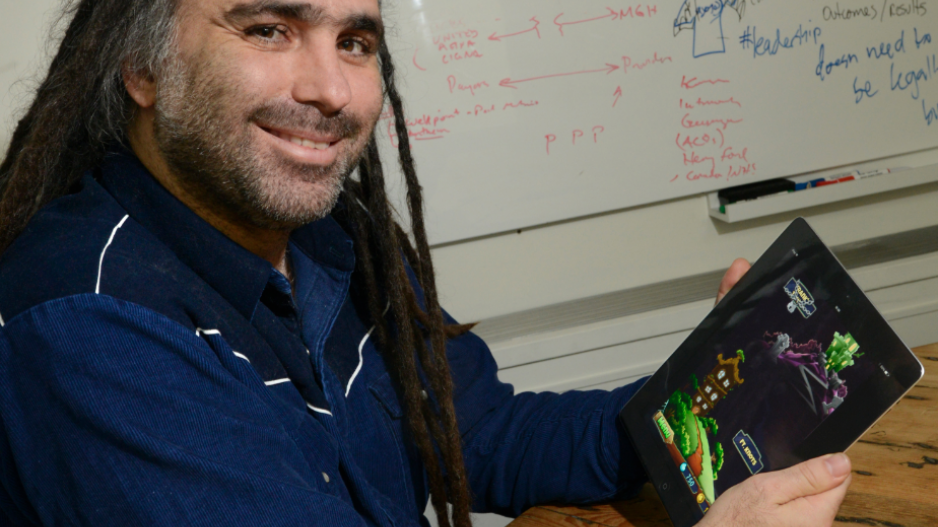Vancouver’s Medeo wants to be a tech company, not a medical services company, according to chief operating officer Michael Smit.
Telus (TSX:T), meanwhile, has invested more than $1 billion in its health tech division. Josh Blair, vice-president of Telus Health, said he envisions it as more of a health services provider.
But both the tech startup and the telecom giant are united in the belief that B.C.’s emerging health-tech sector is ripe for the taking.
“Other industries have been able to benefit from advances in technology sooner than health care because that necessity to manage risk is not as absolute as it is in health care,” said Smit, whose company offers virtual clinics allowing patients to use mobile devices to visit doctors.
The company launched its secure messaging platform in August, but is no longer operating the online medical clinic in B.C. Instead, Montreal-based Equinoxe LifeCare began licensing the software November 5 to provide those services so Medeo can focus on software development.
“We were running a technology business on one hand and a medical services [on the other],” Smit said. “Like any good business, you don’t want to be running two businesses.”
Telus, meanwhile, has 1,600 employees in its health care division, which generated about $550 million in revenue and $125 million in adjusted net income in 2013. The company has spent the past three years acquiring electronic medical record companies such as B.C.’s KinLogix and Wolf Medical Systems, among others.
“B.C. is one of the leaders in adopting health care technology like electronic medical records,” Blair said. “We see it as a very significant market, we see it as a market where we can make a real difference for British Columbians and Canadians.”
Telus Health launched a pilot program this summer at West Vancouver’s Continuum Medical Care, allowing patients to check their own personal health records online.
Blair, who himself is pre-diabetic, said widespread access of online personal health records gives individuals more control over their health care.
And Canadians are willing to exploring these avenues further, as long as they have assurances their medical information is secure. A 2013 study from PwC found 67% of Canadians would be open to using virtual monitoring – the practice of delivering health care remotely using technology – if those services were available.
“There are few industries that haven’t digitized their communication with the people they serve, other than those in the health care profession,” the study said.
Vancouver-based Ayogo Health Inc., on the other hand, is building links between health care and one of the first industries to digitize in the 1970s: gaming.
The startup develops games for patients with chronic conditions by tapping into what CEO Michael Fergusson calls their “underlying human psychology.”
For example, Ayogo partnered with the Diabetes Hands Foundation to create a Facebook-based game that would motivate people to make healthier lifestyle choices. Players could take on game missions and be rewarded for real-life decisions such as eating a bowl of steel-cut oatmeal for breakfast.
“This is not about just taking points and badges and dressing up other systems … to trick people into thinking they’re having fun,” Fergusson said. “Ultimately this is about empowering individual people.”
Expansion in the medical tech scene hasn’t been limited to local startups.
Mexico’s Lumed, which created software allowing clinicians and patients to communicate remotely, relocated to Vancouver in fall 2013 and launched its suite of products in early October.
“We thought Vancouver would be a perfect place because Microsoft is coming, Amazon is coming and you have a number of really interesting startups in the wireless domain,” Lumed president Gerardo Iglesias said.
He said the company’s distinct advantage – its telemedicine software platform was developed by physicians with physicians’ needs in mind – also needed to be developed in a market where potential clients already understood the benefits of health tech.




